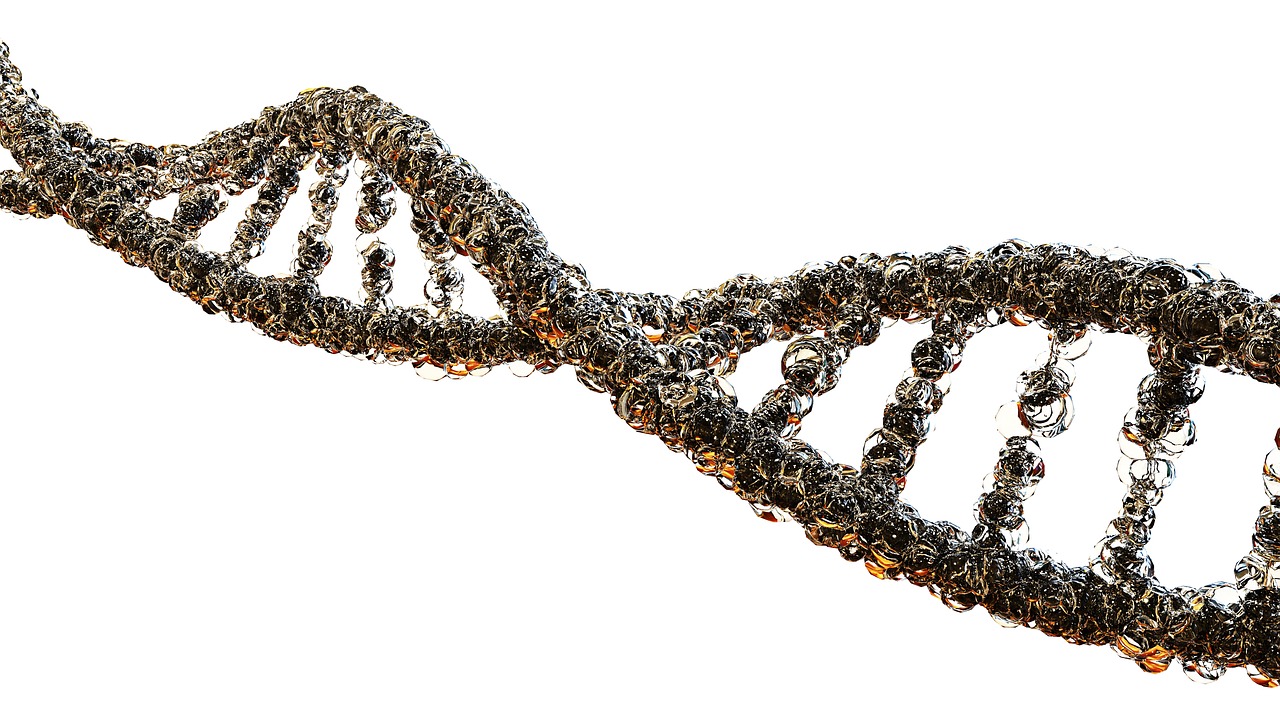In a first for the entire medical community, doctors have performed gene-editing on a living person.
Brian Madeux, 44 years old, was given the experimental treatment in an attempt to correct an abnormality in his DNA that has caused Hunter’s syndrome, the BBC reports. The Arizona native says that he agreed to the trial because he is “in pain every second of the day.”
The procedure has been completed, but it’s too early to tell if the therapy has worked.
Hunter’s syndrome is a rare condition wherein patients are born without the genetic instructions for a specific enzyme that breaks down molecules called mucopolysaccharides. The sugary molecules then build up in the body, damaging the brain and other organs in the body. In severe cases, the condition causes death.
Madeux says, “I actually thought I wouldn’t live past my early 20s.” Patients with Hunter’s need regular enzyme replacement therapy in order to break down the molecules.
The experimental gene treatment aimed to rewrite his DNA to give it the instructions to make the enzyme. The therapy was infused into his bloodstream at Oakland’s UCSF Benioff Children’s Hospital. There are two molecular scissors called zinc finger nucleases that cut the DNA at two specific areas. This then leaves an opening for a new piece of DNA that contains the instructions to be inserted in the genetic code.
The treatment is designed to activate once it reaches Madeux’s liver cells. Chester Whitley, one of the doctors on the trial, says,
If it works as well as it does in mice, this has huge ramifications. I’m very optimistic we have a both safe and efficacious way of providing gene therapy.
Whitley’s long-term wish is to be able to conduct gene-editing right after birth as “an untreated baby loses 20 IQ points per year.”
Gene editing has been performed before, but cells have had to be taken out of the body then edited, and placed back in the body. This trial is to test the safety of the procedure and will require more research to know if this could be a valid treatment in the future.
























